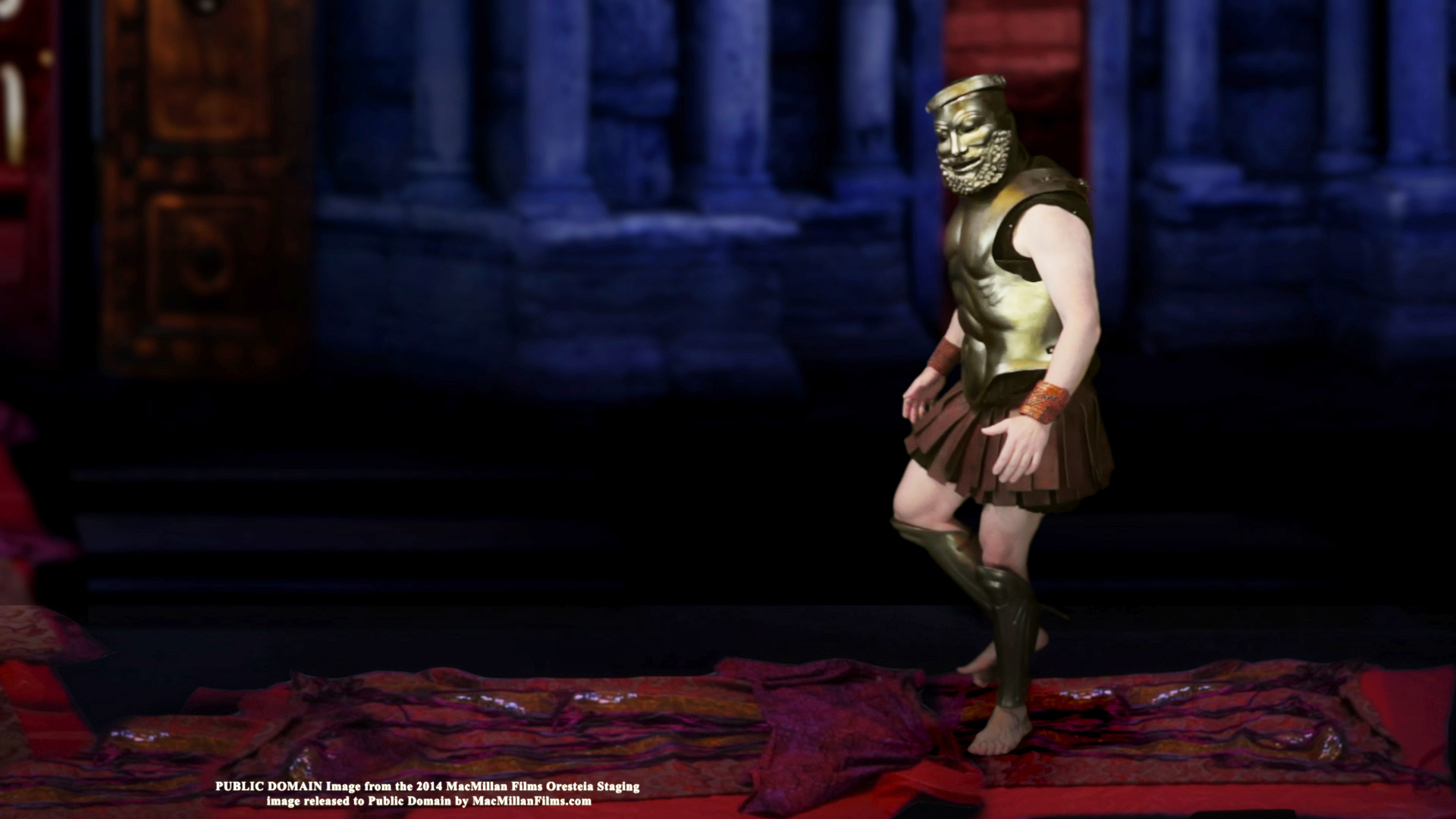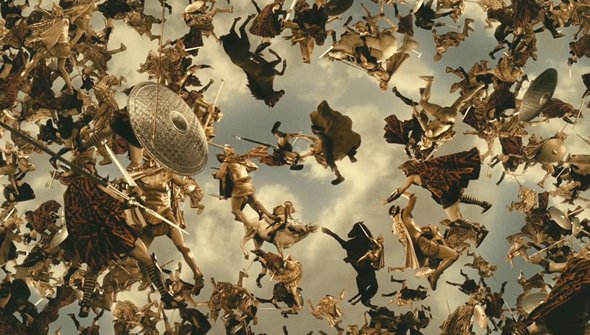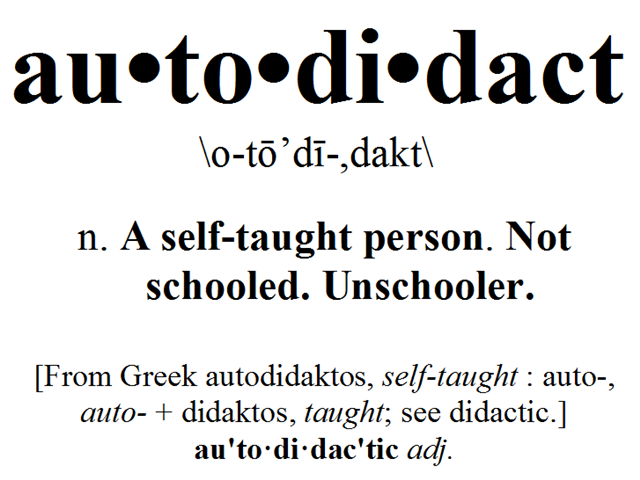Aeschylus‘ Oresteia is the only Ancient Greek tragedy (circa 458) that survives to us as a complete trilogy: Agamemnon, The Libation Bearers, the Eumenides.
According to Peter Jones‘ <Eureka! Everything you wanted to know about the Ancient Greeks>, it is one of the very rare instances in which politics openly rears its head on the tragic stage. That year, it won the prize for tragedy. Aeschylus’ Oresteia assumes that we – like its contemporary audience – are familiar with the unbreakable curse tainting the House of Atreus.

The House of Atreus is a family saga of vendetta: The quest for revenge requires blood-crimes that require more revenge.
Tantalus’ serves his own son Pelops up as stew to the Olympian gods. Pelops’s sons Thyestes and Atreus duke it out for power over his kingdom. A vicious cycle is perpetuated. Atreus cooks Thyestes’ children and serves it to him. Thyestes takes advantage of his daughter Pelopia, who bears Aegisthus. Years later, she kills herself upon a sword. Aegisthus slays Atreus to end his rule. Agamemnon sacrifices Iphigenia for better winds on his journey to Troy, Clytaemnaestra (with Aegisthus) murders Agamemnon and his new wife Cassandra for sacrificing her daughter. Agamemnon’s son Orestes returns years later to revenge his father’s death by slaying Clytaemnastra and Aegisthus. He is hunted down by Chthonic Gods, the unrelenting Furies.
In Ancient Greek, miasma meant something like a cloud of pollution.
Paraphrasing Peter Struck, Upenn Classicist: “If someone was killed or had a violent episode of death visited upon them, miasma would hover around the corpse. The person who did the killing would have miasma stuck on them, and be subject to retribution. Unfortunately, anyone who happened to be walking by would also be tainted by miasma and be subject to retribution as well, like collateral damage”. So miasma can be understood to be like an independent elemental force that is a pollution that seeks purification, but seems to breed more miasma just like the House of Atreus’ never-ending saga of vindictiveness.

Aeschylus’s Oresteia tries to solve this problematic idea of Justice: What happens when the act of revenge itself is going to be a crime against the family?
In Agamemnon, Clytemnestra murders her husband, Agamemnon, to avenge the sacrifice of her daughter, Iphigenia. In the Libation Bearers, Orestes is back from exile. He has to kill his mother, Clytemnestra, in order to avenge the murder of his father, Agamemnon.

The female characters in the Oresteia are stark beacons of the inescapable entanglements of miasma and family . They bring out all the themes that underscore how intimacy in family is a suffocating force that kills with its closeness. They (including the Furies) represent this older school of thought that Justice is a blood stain contaminates of its own will and cannot be purified.
The Oracle of Delphi makes Pelopia instrumental in propagating an heir to take revenge for Thyesthes, clean out the blood crimes of Atreus murdering Thysthes’ children. Here Pelopia represents the feminine role of procreating justice. She is also the keeper of family secrets. By holding onto the sword, she knows the real identity of Aegisthus’ father. She’s a tragic figure who meets a tragic end by no wrongdoing of her own. Taking her own life by Thyesthes’ sword, she serves to highlight how betrayals in terrible families pollute others around it. Pelopia reinforces Aeschylus’ portrayal of family as an incredibly destructive, terrible, opposite-of-nurturing structure. She just happens to be there, and she was stained by the miasma of Atreus’ and Thyesthes’ crimes before her.


Now, let’s look at Agamemnon. Clytemnestra has a system of beacons set up to tell her when the Trojan War is over. Not to welcome her husband Agamemnon, like the loving family reunion we’ve come to expect between Odysseus and Penelope in Homer’s The Odyssey. No, it’s because Clytemnestra and her lover Aegisthus want to lay out the trap that will kill the returning King.
The real meaning of this beacon is evident to her but no one else. It’s a secret. Just like in the example with Pelopia above, family secrecy that doesn’t result in closeness, but fatality. Aeschylus again departs from Homer, where the secrecy that Odysseus and Penelope shares is a driver for family support against the suitors of Ithaca.
Clytemnestra is bitter at Agamemnon’s licentiousness. She has the dalliances of her husband rubbed in her face (he presents Cassandra). Penelope, on the other hand, reinforces, through the secret she shares with Odysseus that is the olive tree bed, her fidelity to him.
Clytemnestra weaves the Crimson Carpet for Agamemnon to step onto when he comes home foreshadows the blood bath she’s about to give him behind closed doors (when she murders him with a double axes in his own bath).
“Hey honey, haven’t seen you for a long time. Step on out of your boat with your muddy boots and trample on this beautiful cloth that I’ve woven for your return”. She’s bitter, she’s been harboring so much hatred – ‘of course you’re going to trampple on this fine piece of work I’ve woven for you’. When he steps on it, Clytemnestra proves what a brute he is.
Her crimson tapestry, with its royal color, symbolizes the blood of family ties and the dark sides of intimacy (family betrayal, injustice, closeness as a negative thing). Penelope’s weaving, on the other hand, is meant to stave off suitors while Odysseus spends years abroad delayed on his journey home from the Trojan War.
Famous lines: Clytemnestra says “There is no God of healing”.
 Cassandra foreshadows her own fate: “Clytemnestra is going to shred me into a bowl” like preparing drugs (pharmacon) to cure the blood disease of the House of Atreus.
Cassandra foreshadows her own fate: “Clytemnestra is going to shred me into a bowl” like preparing drugs (pharmacon) to cure the blood disease of the House of Atreus.
Iphigenia and Cassandra are pharmacons in this story. Killed in order to ‘cure’ the blood-crimes of the past. Agamemnon kills Iphigenia, his own daughter, for ‘the winds to get corrected’ on his ship’s journey out to Troy. Clytemnestra kills Agamemnon’s new wife Cassandra to cure her own bitterness at his betrayal. Women die as a result of purification needed for the perpetuation of blood crimes. But instead of purification, what happens is that more blood crimes get perpetuated. The cycle of injustice prevails.
In the Libation Bearers, Elektra, Orestes’ sister, as new generation, appeals to Chthonic gods in seance by Agamenon’s grave to ask for permission to exact revenge on Clytemnestra. They give it. Clytemnestra, in verbal test of wills, challenges Orestes’ right to do so before she gets dragged behind the door and then murdered by her own son.

The Furies: as blood-scented hounds representing the old form of justice that is fixed, rigid, inescapable, that Aeschylus wishes to turn on its head in the Eumenides. Murder that cannot be appeased.
In The Eumenides, The Furies highlight a measure of evil using blood relations/blood guilt- which is more evil, the murder of a mother, or that of a wife? The Furies represent the importance of blood relations. To them, Orestes must be avenged because he killed his mother, who gave birth to him. They take the opposite side in a courtroom than Apollo, who argues the popular concept that the mother is just a vessel for a man’s seed and that she is not that important in the production of, of the offspring. Apollo thinks ties between man and wife, which arose out of voluntary associations, should be more important.

Similar to Hesiod’s Theogony, where Zeus wins the war over the Titans and pushes the older gods into the Underworld. At the end of The Eumenides, The Furies, when they lose the court case at the end of the trilogy, get interred. (Athena is the swing vote in favor of Apollo’s defense of Orestes). The Furies, these older Chthonic Gods representing the old order of justice are given a place underground into a new temple of worship.


 Homeric Hymns
Homeric Hymns

 Persephone prances in the meadow and grabs a flower, Hades abducts her in a chariot and effectively makes her queen of the dead (‘killing’ her). Uranus lies with Gaia and Kronos castrates him, silencing him forever. The fact that Zeus allowed Hades to abduct Persephone (it mentions in the Hymn to Demeter that it as part of the deal he made in divy-ing up the realms of the universe) — makes it Pile, High, and Deeper full of Freudian repressed subconscious/taboo desires. ‘Uh, you drew the short end of the stick, Hades, and got the Underworld for all eternity. To placate you, here, you can have my niece Persephone and reign over souls of the dead with her by your side.’
Persephone prances in the meadow and grabs a flower, Hades abducts her in a chariot and effectively makes her queen of the dead (‘killing’ her). Uranus lies with Gaia and Kronos castrates him, silencing him forever. The fact that Zeus allowed Hades to abduct Persephone (it mentions in the Hymn to Demeter that it as part of the deal he made in divy-ing up the realms of the universe) — makes it Pile, High, and Deeper full of Freudian repressed subconscious/taboo desires. ‘Uh, you drew the short end of the stick, Hades, and got the Underworld for all eternity. To placate you, here, you can have my niece Persephone and reign over souls of the dead with her by your side.’ And then we have Demeter disguised as an old lady going about her miserable state and wandering through human cities. “Freud thinks that hidden messages inside a myth are always going to be about just you and me as individuals, developing, working our way through a developing, the developing of our psychological state.” Demeter plays foster mother to Demophon and takes care of him as though he’s immortal. She makes him impervious by dipping him in Lethe, feeds him ambrosia, food of the Gods, and seems to displace all the nurturing she could have done for her own daughter Persephone, who ‘died’ as an immortal, by making Demophon, a mortal, into an immortal.
And then we have Demeter disguised as an old lady going about her miserable state and wandering through human cities. “Freud thinks that hidden messages inside a myth are always going to be about just you and me as individuals, developing, working our way through a developing, the developing of our psychological state.” Demeter plays foster mother to Demophon and takes care of him as though he’s immortal. She makes him impervious by dipping him in Lethe, feeds him ambrosia, food of the Gods, and seems to displace all the nurturing she could have done for her own daughter Persephone, who ‘died’ as an immortal, by making Demophon, a mortal, into an immortal.
















 He doesn’t immediately latch onto the opportunity to sail home without one last tryst with her and getting her to help him with the sails of his ship, etc. If he is so heroic, with worthy goals of going home to his wife, why be unfaithful and why delay any longer? If he’s so crafty, why does he need anyone’s help in building a ship? He delays a lot, he is unfaithful, and somehow takes a long time coming home. He questions Ino’s good advice about abandoning ship when Poseidon clearly has it out for him, and then begs for Nausicaa and Arete’s help when he does land in Scheria.
He doesn’t immediately latch onto the opportunity to sail home without one last tryst with her and getting her to help him with the sails of his ship, etc. If he is so heroic, with worthy goals of going home to his wife, why be unfaithful and why delay any longer? If he’s so crafty, why does he need anyone’s help in building a ship? He delays a lot, he is unfaithful, and somehow takes a long time coming home. He questions Ino’s good advice about abandoning ship when Poseidon clearly has it out for him, and then begs for Nausicaa and Arete’s help when he does land in Scheria.






